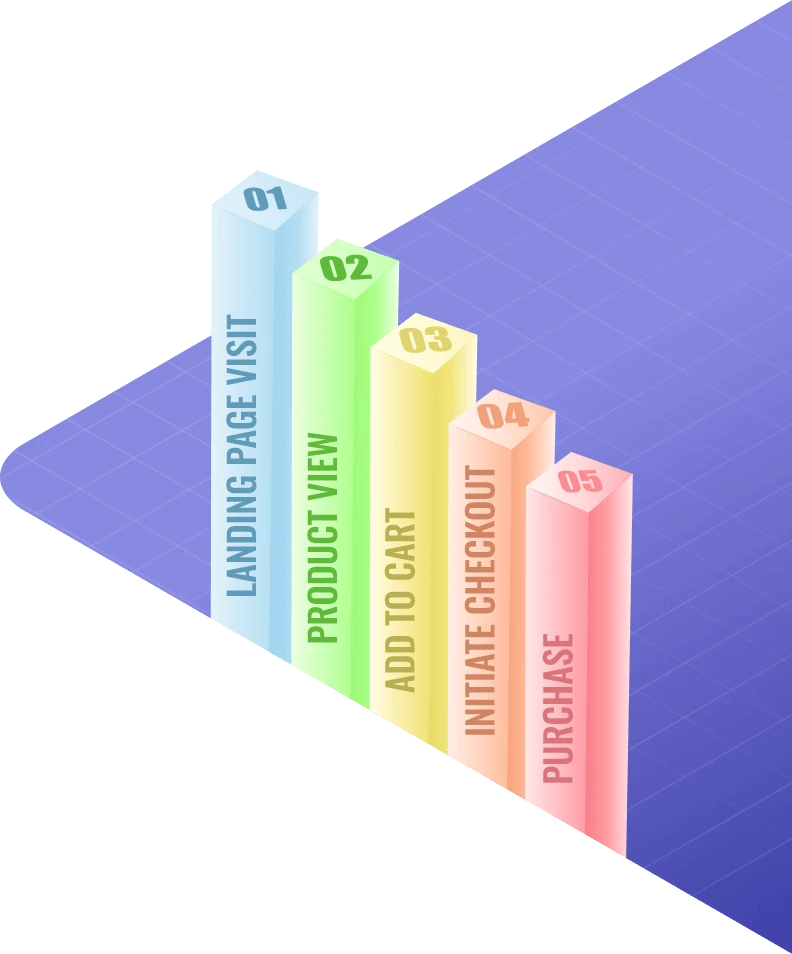Did you know 93% of online experiences begin with a search engine?
When it comes to marketing your business online, there are a lot of acronyms and buzzwords to learn. Two of the most important are SEO and SEM. Many people use these terms interchangeably, but they actually have different meanings and uses.
In this article, we will break down the difference between SEO and SEM and discuss the benefits of each approach. So what’s the main difference between SEO and SEM? Keep reading to find out!
What Is SEO?
Search Engine Optimization, or SEO, is the process of improving the visibility and ranking of your website in search engine results pages (SERPs). This is done through optimizing your website content, structure, and on-page elements like titles, metatags, and anchor text.
SEO is a long-term strategy. It focuses on organic (or natural) search results.
What Is SEM?
Search Engine Marketing, or SEM, is the process of using paid advertising to improve your website’s visibility and ranking in SERPs. This is done by buying ads on search engines like Google, Bing, and Yahoo.
These ads are then displayed alongside organic search results when someone searches for a keyword that you are targeting.
Types of SEO
There are two types of SEO: on-page and off-page. Both form an integral part of your search strategy and marketing efforts.
On-page SEO
On-page SEO focuses on optimizing the elements on your website that affect your search engine ranking. This includes things like titles, metatags, anchor text, and content.
In practice what this looks like is creating website content that is keyword-rich, informative, and engaging. It also means using the right keywords in your titles, metatags, and anchor text.
It also includes actions like ensuring images uploaded to your site have optimised alt text, and submitting schema to help search engines understand your content.
Off-page SEO
Off-page SEO focuses on building links to your website from other high-quality websites. This helps to improve your website’s authority and ranking.
This can be done by creating great content that other website owners will want to link to, or by reaching out to website owners and asking them for a link.
Pages like your Facebook and Google My Business listing also contribute to your off-page SEO.
Both on-page and off-page SEO are important for improving your website’s visibility and ranking in SERPs.
SEM Services
Search Engine Marketing is most commonly used on Google, Bing, and Yahoo. Google is the largest search engine, with a 92% market share.
For that reason, Google AdWords is the most popular SEM service. It allows you to create text, image, video, and shopping ads that appear on Google when someone searches for a keyword that you are targeting.
Bing Ads is the second most popular SEM service. It works in a similar way to Google AdWords, with the main difference being that it allows you to target Microsoft and Yahoo search engines.
In all these instances, an advertiser will pay the SEM service provider (Google, Bing, or Yahoo) every time their ad is clicked. This is known as pay-per-click (PPC) advertising.
The Difference Between SEO and SEM
While SEO and SEM both focus on getting your website to show up prominently on search results for customers, the method in which they achieve this differs.
The difference between SEO and SEM is that SEO is an organic (or unpaid) marketing channel while SEM is a paid marketing channel. Both can play a powerful role in reaching your target audience, improving brand visibility, and growing website traffic.
SEO focuses on optimizing your website to improve your ranking in SERPs, while SEM focuses on buying ads to improve your ranking in SERPs.
SEO is a long-term strategy that can take months or even years to see results, while SEM is a shorter-term strategy that can produce immediate results.
SEO vs SEM: Which Is right for my business?
Now that we’ve defined SEO and SEM difference, let’s take a look at when you should use each approach.
Factors like the age of your website, your industry and your overarching goals will all play a role in determining which to use.
If you’re just starting out, or if your website is new, SEM may be the best option. This is because it can produce immediate results, and you don’t need to wait for months or years to see results. SEM is also a good option if you’re in a competitive industry, or if you’re trying to target a difficult-to-rank keyword eg. “law firm”.
If you’re in a less competitive industry, or if you’re targeting easier-to-rank keywords, SEO may be the best option. This is because it’s a long-term strategy, though you’re likely to see results faster here.
Combining SEO and SEM
It’s also important to note that while both SEO and SEM can be effective marketing channels, they are not mutually exclusive. In fact, the best results often come from using both together.
For example, you could use SEO to improve your website’s ranking for certain keywords, and then use SEM to buy ads targeting those same keywords. This would allow you to reach potential customers both organically and through paid search. When your website results higher organically through SEO, you’ll also possibly not need to spend as much on your SEM.
Getting Started With Search Engines
Now that you know the difference between SEO and SEM, you’ll know both can be effective marketing channels for your business. The best way to determine which is right for you is to experiment with both, track your results, and see what works best for your business.
The best way to achieve results in either is using experts in the industry. A professional agency, like Trigger Digital, can help you with both and have a track record of success. Get in touch with us for a free consult today.


